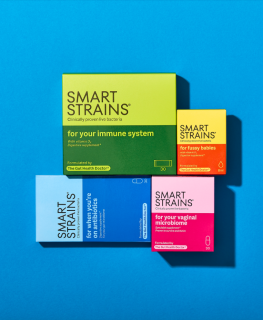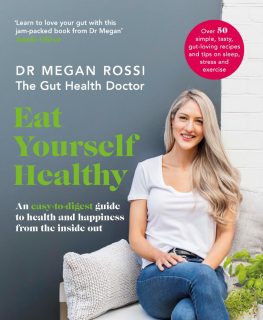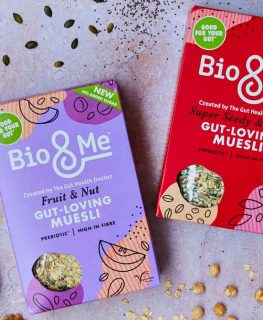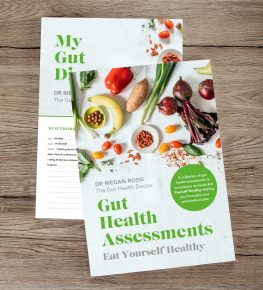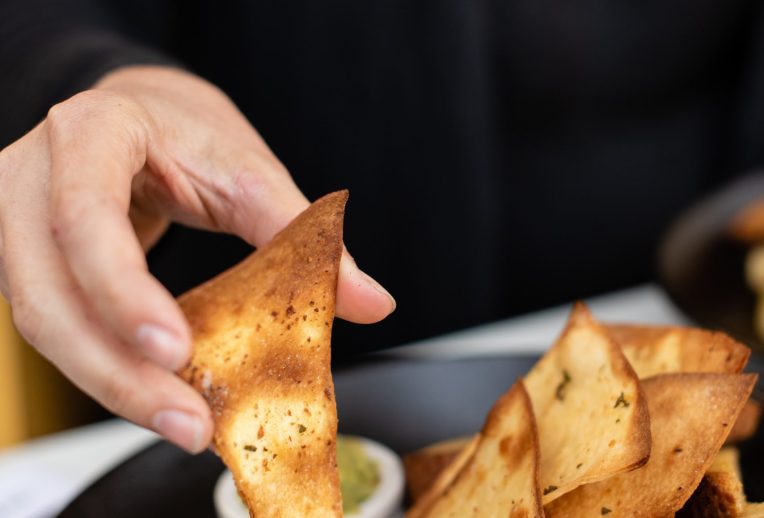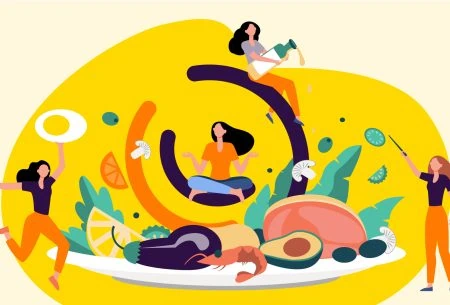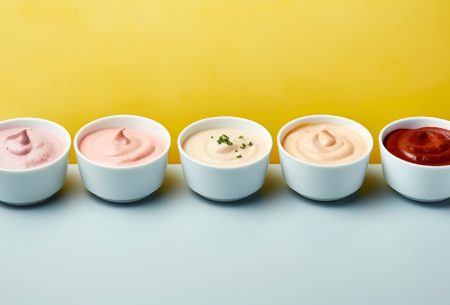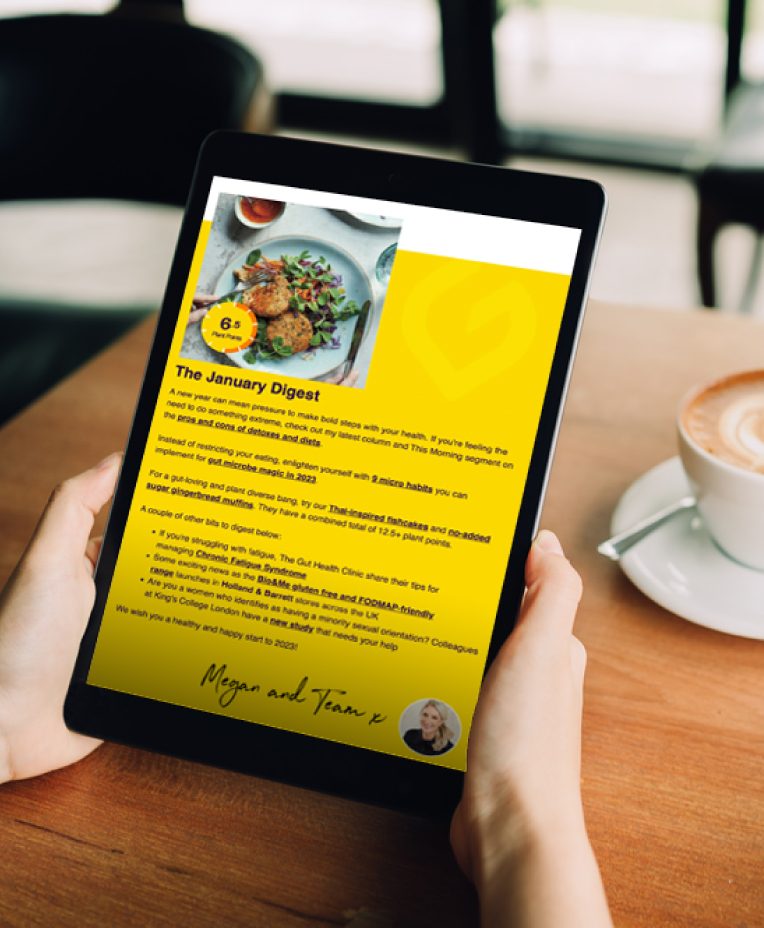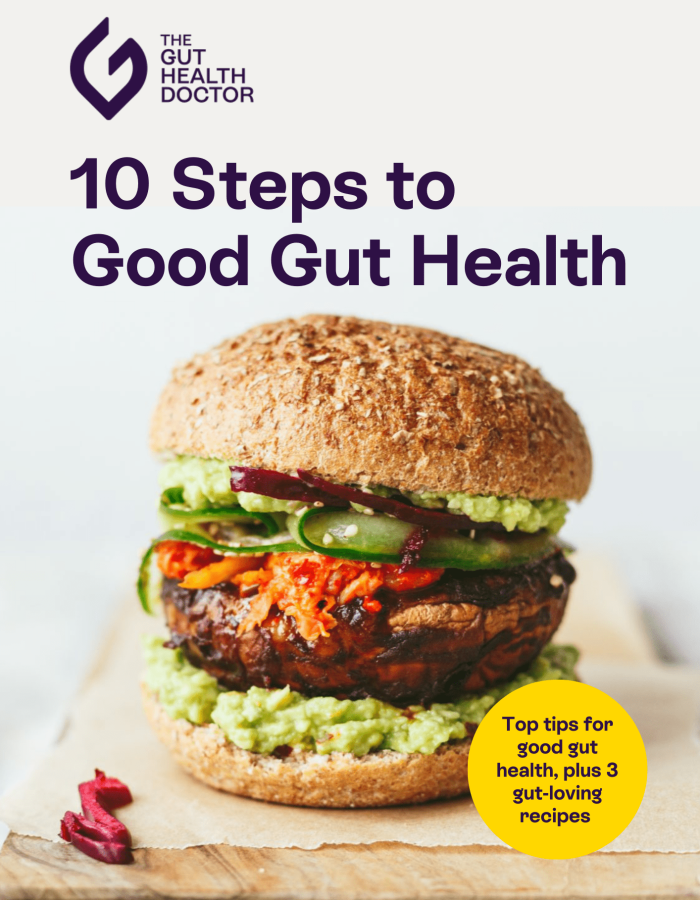Refer to yourself as a ‘snacker’ and the people around you might assume that your daily diet contains less-than-healthy habits – may be fuelled more by a chocolate biscuit or a bag of salt and vinegar crisps than nourishing breakfasts, lunches and dinners. Eating between meals, though, is not necessarily a problem, when it comes to maintaining a feel-good lifestyle.
In fact, snacking can be beneficial, particularly when it comes to your weight and managing your blood sugar levels. In one piece of recent work, published in the Journal of Medicinal Food, researchers showed that having a 30g serving of walnuts as a snack significantly reduced the total calorie, saturated fat, sugar and salt intake at the subsequent meal. It is not just adults, another piece of science that supports this is new research from the Imperial College London, which found that not letting children have snacks is linked with a higher body weight and a negative relationship with food.
What is more, research published in the Journal of the American Dietetic Association found that snackers had higher intakes of several key nutrients, including our gut microbes’ favourite, fibre, compared with non-snackers. Now of course, the food groups you graze on matter, in a big way. The snackers who reaped the benefits will have likely been enjoying more plant-based and whole grain goodness than, say, gummy bears. And, given that estimates suggest that, on average, around 20% of our total calories comes from snacks, you can see why the nutritional make-up of what you graze on is vital.
So, what is our advice for transforming your snacking habit into something that fuels your health, and doesn’t hinder it? Check out our top tips, below.
1. Prioritise whole grain and plant-based snacks
In doing so, you set yourself up to feed your gut with lots of fibre. For maximum health benefits, opt for a snack that pairs fibre with either a protein or a healthy fat. This has the added benefit of supporting your blood sugar balance while also keeping your appetite hormones in check, keeping you more satisfied for longer. Need a little help getting started? Three of our go-to snacks are:
- Homemade popcorn with a drizzle of extra virgin olive oil and a small pinch of salt (a source of fibre and healthy fat)
- Wholegrain crackers with hummus and tomato (providing fibre, fat and protein)
- A piece of fruit with yoghurt and a small handful of nuts (fibre, fat and protein
2. Plan your snacks, ahead of time
As you’ll know, it’s way easier to grab a snack that’s high in sugar rather than fibre when it’s a high pressure day and you barely have time to stop for lunch. To avoid choosing snacks that don’t make you feel good, prep ahead. Over the weekend, load up on things like wholegrain crackers, pieces of fruit and veg that can be speedily chopped and paired with hummus. This means you’ve got options to sling into your bag when you head out of the door, during the working week.
We have long-championed a science-backed way of eating that focuses on increasing your intake of what we call The Super Six: legumes, wholegrains, nuts and seeds, fruit, vegetables, herbs and spices. These are often neglected despite their role in feeding our gut microbiome. According to a review of 26 studies published in the Canadian Medical Association Journal, eating at least one serving (around 130g or half a can) per day of legumes (that’s all your beans and pulses) can help significantly lower LDL cholesterol, the type of cholesterol we want less of.
Hopefully in the future, more plant-based on-the-go snacks, based on these diverse ingredients, will be made available to make it easier to choose a smart snack.
3. Eat mindfully
As with your meals, it really is a good idea to taste, pause and enjoy your snacks. Eating more mindfully is a free and easy way to tap into that gut:brain connection and support better gut health.
4. Avoid demonising foods
Have you found that the more you demonise a food, the more you crave it? This is backed by research from the University of Canterbury, which found that people who associated chocolate cake with guilt reported lower levels of control over their eating and were less successful at maintaining a healthy weight over an 18-month period, compared to those who associated chocolate cake with celebration.
5. Craving chocolate? Try this smart snacking hack
Chocolate is a popular snack choice, naturally. A YouGov poll of 2,000 people earlier this year found 58% of people identify as snackers — and that a bar of the sweet stuff is their number one choice. Now I’m all for enjoying a few squares of chocolate from time to time — it’s a known mood booster. But choose most makes on the market and you’ll likely find that, while you get a mild surge in energy, this is sharply followed by a sugar crash. Avoid this by opting for dark chocolate at 70% or more cocoa solids, or pairing a few squares of your favourite variety with a source of fibre, whether that be fruit, nuts or even roasted chickpeas. This will mean you swerve the crash and treat your gut microbes to some plant-based goodness, while you’re at it.
Full disclosure: This article is part of a sponsored collaboration with PepsiCo Health and Nutrition Sciences. All words are our own. For more information check our PepsiCo research developments (including over 700 research publications).
